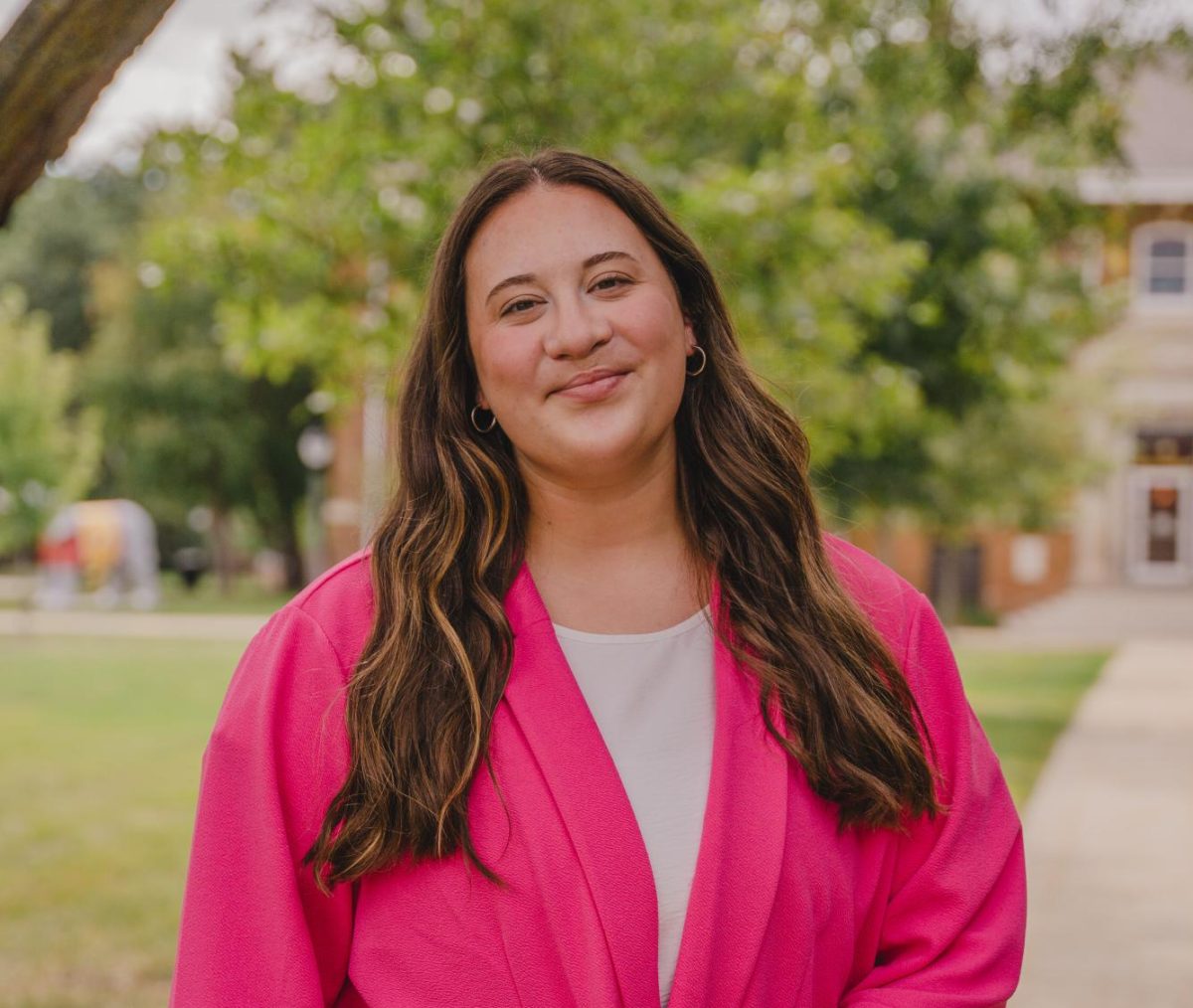Lack of diversity seen as potential accredidation problem
October 19, 2005
Diversity has long been atop of the list of items Simpson needs to improve on, and Bruce Haddox, vice president and dean of academic affairs expects the issue to be toward the top of the list when the college is accredited from Oct. 31 to Nov. 2.
“We’ll get criticized for diversity,” Haddox said. “There is no question about that. We’re not as diverse as we should be – Iowa’s not and Simpson’s not.”
Haddox said the issue of diversity came up when Simpson had its last accreditation.
“They expressed concerns for diversity then and we’ve made an improvement in international students, but minority American students we’ve still struggled with.”
Besides diversity, Haddox expects the college to be given suggestions on faculty workload, assessment and the cornerstone program, but from the last accreditation, Simpson has made some improvements.
“The last report 10 years ago stressed concerns about technology, and we’ve strengthened that a lot,” Haddox said. “They expressed concern for faculty load back then, and we’ve added a lot of faculty but we’ve also grown in student body and we’ve grown in programs.”
The accreditation process is conducted by a team from the North Central Association of Colleges and Schools. Haddox said it’s a detailed process that looks at things such as resources to support the mission of the college and strong faculty.
“It’s a pretty thorough analysis of the college and that’s why it’s done every 10 years,” Haddox said.
President John Byrd has been a part of the accreditation process at other colleges, both as a consultant evaluator and on the accreditation review council. Byrd said he’s learned a lot from those experiences.
“Being involved in the accreditation process has allowed me to learn about other institutions,” Byrd said. “I’ve never visited another campus where I haven’t learned something valuable that I’ve been able to bring back and use.”
Haddox said the process costs the college a fairly inexpensive amount, considering it’s spread over two to three years. There is a flat fee of $11,000 for the accreditation process to occur.
“It’s hard to put your finger on the cost because a lot of time and a lot of hours are put in,” Haddox said. “So I would say the whole process cost $25,000 to $30,000.”
Haddox has no doubts about passing.
“There won’t be any question that we’ll be accredited,” Haddox said. “There will be some concern, as there always is everywhere, and there will be some issues that we need to work on.”
Haddox said students should care about this process because it does affect them.
“They should want to make sure that Simpson is accredited and has as good of programs,” Haddox said. “We want our degrees each year to mean more than they did last year. They should care about our reputation.”
Senior Sharie Garmon agreed.
“I’d like them to stay accredited so that my diploma means something when I graduate,” Garmon said.
Haddox said to think of it like final exams.
“It’s kind of like asking you about final exams,” Haddox said. “Are they a good thing or a hassle? But what they do is they force you to look at the course as a whole, and say ‘OK, what do I know, what don’t I know, what do I need to learn?’ That’s exactly what this is, and it’s a good thing because if you don’t do that, you think you are doing well and you’re not.”




